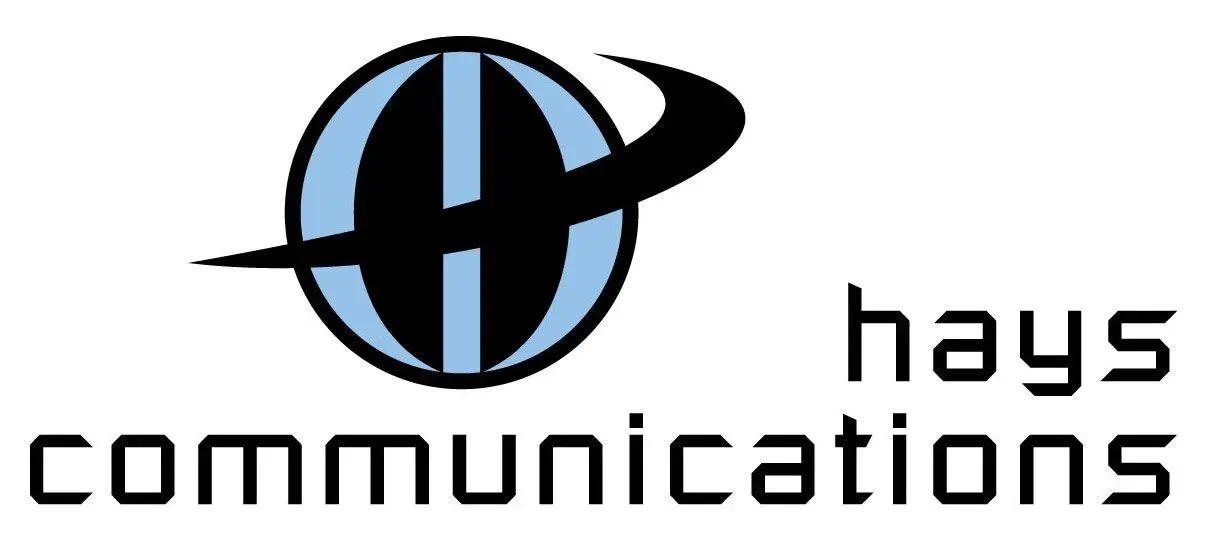How Can Lubbock Improve Home Internet and Phone Services?

Introduction: Common Issues with Internet and Phone Services in Lubbock
Living in Lubbock, TX, residents frequently encounter challenges with their home internet and phone services. Issues like slow internet speeds, frequent outages, and unreliable phone connections are commonplace, disrupting daily life and work routines. This blog post aims to shed light on these problems and provide actionable solutions to improve the quality of telecommunications in Lubbock.
The Severity of the Problem: Statistics and Research
Internet Speed and Reliability
According to recent studies, Lubbock's average internet speed lags behind both national and state averages. The Federal Communications Commission (FCC) reports that while the average download speed across the U.S. is approximately 25 Mbps, many areas in Lubbock struggle to achieve consistent speeds of even 10 Mbps. This discrepancy is not just a minor inconvenience; it affects everything from remote work capabilities to accessing educational resources.
Phone Service Issues
Regarding phone services, a significant portion of Lubbock residents report issues such as dropped calls and poor voice quality. A survey conducted by the Texas Public Utility Commission highlighted that 30% of respondents in Lubbock experienced frequent disruptions in their phone services, which can be critical during emergencies.
The Digital Divide
Moreover, Lubbock's digital divide remains a significant barrier, with low-income households facing limited access to high-quality internet and phone services. The Lubbock Economic Development Alliance (LEDA) notes that nearly 15% of residents lack reliable internet access, exacerbating socio-economic disparities in the area.
Factors Hindering Progress
1. Outdated Infrastructure
One of the primary factors contributing to these issues is outdated telecommunications infrastructure. Much of Lubbock's current network relies on legacy copper lines and outdated cable systems that are ill-equipped to handle modern internet usage demands and advanced phone service technologies.
2. Limited Competition
Another significant issue is the lack of competition among service providers. With a few major players dominating the market, there is little incentive for companies to improve their services or reduce prices, leaving residents with subpar options.
3. Geographical Challenges
Lubbock's sprawling geography poses additional challenges. The cost of expanding and upgrading infrastructure across vast, sparsely populated areas can be prohibitively high, discouraging investment from service providers.
4. Regulatory Hurdles
Finally, regulatory hurdles and bureaucratic red tape can slow down the implementation of new technologies and infrastructure improvements. These regulatory challenges can delay the rollout of high-speed internet and better phone services to underserved areas.
Possible Solutions to Improve Services
1. Investing in Fiber Optic Networks
Solution: Upgrading to fiber optic networks is a critical step in improving internet speeds and reliability. Fiber optics offer significantly higher bandwidth and faster data transmission than traditional copper lines.
Action: Encouraging local governments and private companies to invest in fiber optic infrastructure can ensure more homes and businesses in Lubbock have access to high-speed internet.
2. Promoting Competition Among Providers
Solution: Increasing competition can drive service improvements and lower prices. This can be achieved by supporting policies that encourage new providers to enter the market and by offering incentives for existing providers to upgrade their services.
Action: Residents can advocate for municipal broadband initiatives, which can provide an alternative to the existing service providers and foster competitive pricing and better services.
3. Leveraging Wireless Technologies
Solution: Expanding the use of wireless technologies like 5G can help overcome geographical challenges. 5G networks provide high-speed internet without the need for extensive physical infrastructure.
Action: Supporting local policies that facilitate the deployment of 5G infrastructure and encouraging private investments in wireless technologies can help bridge the connectivity gap in rural and underserved areas.
4. Expanding Subsidies and Grants
Solution: Subsidies and grants can help offset the costs of upgrading infrastructure and expanding services to low-income households and rural areas.
Action: Residents and local officials can work together to secure funding from federal and state programs dedicated to improving telecommunications infrastructure.
5. Public-Private Partnerships
Solution: Collaboration between public entities and private companies can streamline infrastructure projects and ensure that they are completed efficiently and cost-effectively.
Action: Forming partnerships that leverage both public funding and private sector expertise can accelerate the rollout of improved telecommunications services in Lubbock.
Expert Opinion and Recommendations
As a telecommunications expert in Lubbock TX, we believe that the path to better internet and phone services in Lubbock involves a multi-faceted approach that includes technological upgrades, policy reforms, and community involvement. Here are our key recommendations:
- Embrace Fiber Optic Technology: Fiber optics are the future of high-speed internet. Lubbock should prioritize investments in fiber infrastructure to ensure that all residents have access to reliable, high-speed internet.
- Support 5G Expansion: The deployment of 5G networks can provide a much-needed boost to internet speeds and reliability, particularly in underserved areas. Encouraging investments in 5G infrastructure will be crucial for the city's technological advancement.
- Foster Competition: Increasing competition among service providers will lead to better services and lower costs. Lubbock residents should support initiatives that break the monopoly of existing providers and welcome new players into the market.
- Leverage Government Support: Utilizing available grants and subsidies can help bridge the digital divide and ensure that all residents have access to quality telecommunications services.
- Promote Public-Private Partnerships: Collaborations between public and private entities can expedite the development of telecommunications infrastructure and bring modern services to more areas in Lubbock.
Emerging technologies, such as smart home devices and IoT systems, also depend on reliable and high-speed internet connections. By improving the infrastructure and services, Lubbock can position itself as a leader in technological innovation and ensure a higher quality of life for its residents.
For residents looking to take immediate action, we recommend researching local initiatives aimed at improving telecommunications services and supporting policies that promote infrastructure upgrades and competitive pricing.
Contact us today to
learn more about how we can help improve your home internet and phone services in Lubbock, and take the first step towards a more connected future.






